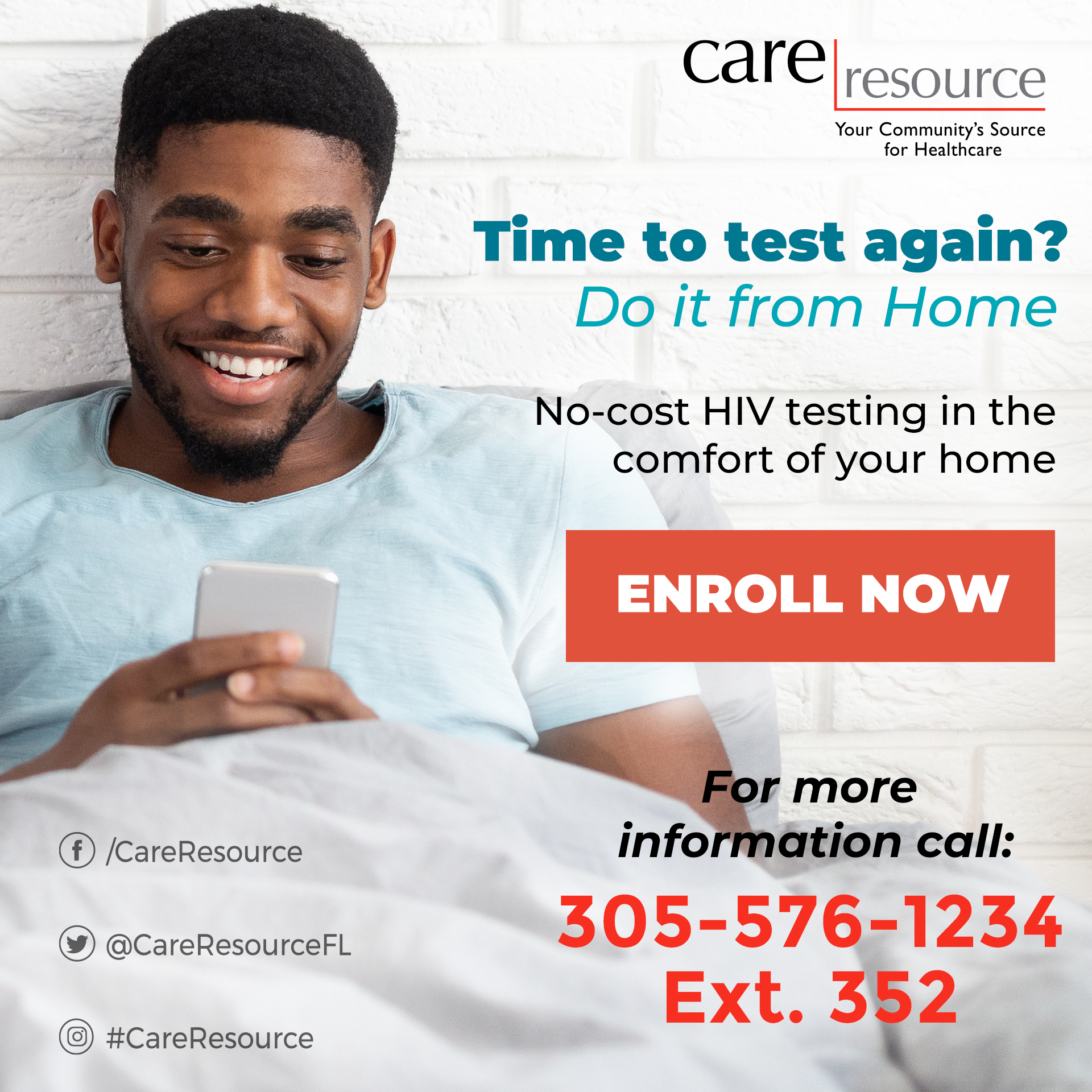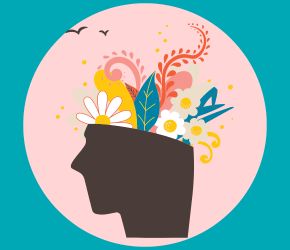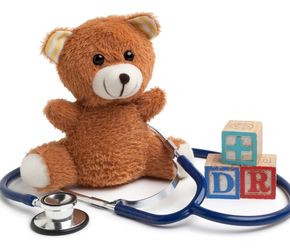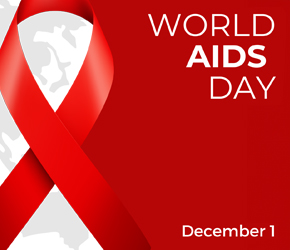As 2024 unfolds, the tradition of New Year’s resolutions casts an important spotlight on our overall health and wellness. Yet, during this annual custom, there’s a tendency to overlook the roots of our health challenges, often opting for quick fixes rather than addressing underlying health concerns.
A recent 2023 survey from Forbes Health/OnePoll, conducted among 1,000 U.S. adults, reveals intriguing trends shaping resolutions in 2024. Fitness dominates this year’s resolutions, which in previous years focused more on mental health. While 48% prioritize improved fitness, 36% cite enhanced mental health. Overall, 55% believe physical and mental health are of equal importance.
This shift reflects a return to prioritizing physical fitness. However, beneath the numbers lies a complex relationship of factors influencing individuals’ choices, prompting us to explore their interconnectedness.
Evaluate Eating Habits
Our dietary decisions, often reactive responses, are influenced by factors like behavioral health, time constraints, and work-life imbalance. 27% of adults say they eat to manage stress, and 34% of those who report overeating or eating unhealthy foods because of stress say this behavior is a habit. Work-life imbalance also compounds health decisions, leading to unhealthy choices and limited physical activity with 40% of adults admitting that being too tired after work is their main reason for not being active.
Knowing that each individual’s experience is unique let’s try and best evaluate our current lifestyle. Start a journal of your daily habits as it can help you see what your specific situation is. This can also be a valuable resource to share with your PCP and care professionals to help you best come up with a plan custom-built for your needs.
Cari Baumgarders, LMHC‑QS Behavioral Health Services Manager states, “It can be easy to overlook the link between our mental and physical wellness. Here’s an exercise to try: Think of pickles. What are you noticing? Is your mouth watering? That’s the mind-body connection – the thought of pickles led the body to respond by salivating. We cannot merely focus on the physical aspects of self without focusing on the mental aspects of self as well.”
Address Root Causes
Engaging in the hard work of self-reflection, and understanding why we make certain choices, opens the door to lasting, meaningful change.
Challenging ourselves to think deeper reveals that problems extend beyond a number on a scale. Weight fluctuations may signify symptoms, not the root cause. Rectifying the root issue is key to sustainable transformation and higher success in achieving our goals, emphasizing the interconnectedness of physical and mental well-being.
Some root problems can be better served by seeking therapy while you coordinate care with your PCP. Addressing the root issues may remove stimuli that prompt the behaviors we want to avoid such as binge eating. Being mindful of your goals while allowing yourself the grace to enjoy life can net lifelong changes.
Make Yourself Accountable
Gloria Cabral, RDN and nutritionist for Care Resource elaborated in stating “Embracing a healthier lifestyle in the new year begins with cultivating mindful eating habits. Setting specific, measurable, time-bound goals provides a structured roadmap for success. Start with achievable goals, such as: “I will add 1 handful of vegetables into my daily lunch routine on at least 4 weekdays”, or “I will cut back on soda to max 1 small can 3 days out of the week”. Accountability is key—utilize apps, a planner, or journals to track and celebrate these small victories. By starting with achievable steps and staying accountable, the journey to improved eating habits becomes sustainable and seamless.”
Progress lies in accountability and consistent follow-through. Daily check-ins via tech, creating support circles, checking in with your PCP, and celebrating milestones can help you stay on track. By implementing accountability measures, you not only set the stage for transformative change but also cultivate a sustainable framework for long-term well-being.
Remember, your wellness journey is unique, and a commitment to self-improvement. On average, it takes more than 2 months before a new behavior becomes automatic — 66 days to be exact. How long it takes a new habit to form can vary widely depending on the behavior, the person, and the circumstances.
















